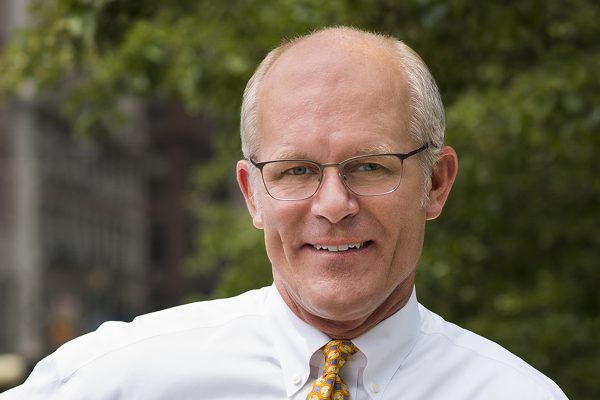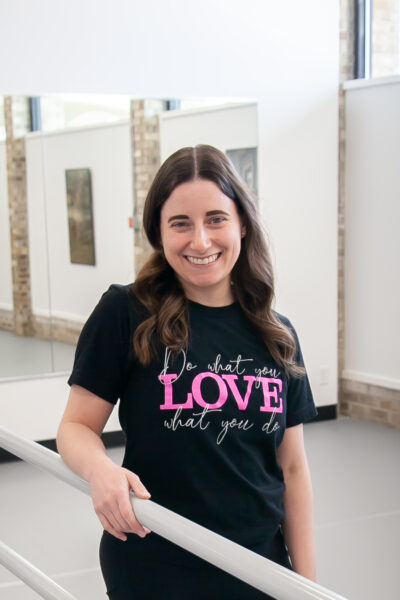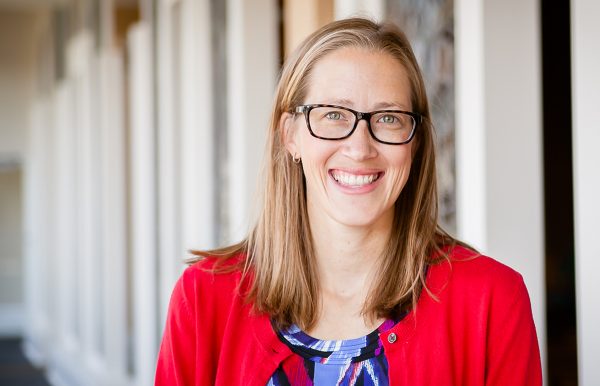Mattering

“There are some days I wonder if I even matter.” That’s the sentence I remember most from the lips of the woman in my office reflecting on her post-retirement life.
I didn’t spot any classic signs of depression that day. There was some expected loneliness to her life. Her daughter lives half a continent away. She misses the stimulation of a really neat work environment. But what she really seemed to be expressing a shortage of was meaning.
By all appearances, this is a together woman. She’s gracious and kind. Prayer is a deep part of her life. She stretches enough, walks enough, and presumably flosses enough. You won’t find her giving tedious organ recitals – those long and boring explanations of pains and ailments that go with aging. She simply wonders if she matters. Mattering involves questions having to do with whether we believe we make any difference to others.
It’s an acute question for many older adults especially, as life spans extend longer and longer.
John F. Kennedy once spoke of it being insufficient for a great nation “merely to have added new years to life. Our objective,” he said, “must also be to add new life to those years.” Kennedy was addressing the need to better utilize the energy, talent, and wisdom of older adults. It was an explicit call to infuse new meaning and purpose into the lives of seniors. With such meaning and purpose, surely older adults would discover that they matter. Yet all kinds of people I know – not just the woman in my office – continue to struggle with questions of worth and meaning. “All my life I was taught how to die as a Christian,” Billy Graham once said in his 90s. “But no one ever taught me how I ought to live in my later years.”
Unless we understand retirement to be mostly a glorification of leisure, or chatter about IRAs, or a strange pursuit of a second adolescence, there are all kinds of things we can do in the second half of life. In order to be interesting people, we have to be interested in others. A good way to cultivate mattering is to allow other people to matter to us. Instead of asking ourselves questions
like: How much do others pay attention to me? How interested are they in what I have to say? How important am I to them? … We ought to be asking: How much do I pay attention to others? How interested am I in what they have to say? How important are they to me?
I was talking with a lunch buddy in our congregation the other day. “Lunch buddies” are those adults of any age who take time out of their day a couple times a month to share lunch with a Madison elementary school kid across the street from church. It’s not strenuous work or heroic work; it’s just happy work. These lunch buddies are happy people for a reason: They’re investing in the next generation.
Visit with one of them if you doubt my assessment of their happiness. They’re busy falling in love with kids who, for of all kinds of reasons, wonder if anybody notices them or cares about them. They’re helping kids know that they matter, even if their home life may be tough. There’s also a serendipitous side benefit that comes to the adult. These lunch buddies discover that mattering is contagious. It’s not a feature of an individual’s life – something we quest for and eventually find in sufficient measure. No, it’s a feature of a life that is in relationship with other people, in this instance, with much younger people.
Generative people are those who understand how much they have received in life from those who have mentored or shaped them, and who in turn want to nurture those who will outlast them. If you have a hankering to discover more about mattering, and what it means (over a sandwich) to matter to someone much smaller than you, be in touch with Dana Welser – dana@stpaulqc.org. She’s our amazing Neighborhood School Partnership coordinator who herself happens to matter to a lot of people.




Tammy Lewia
Really enjoyed this article. Thank you.